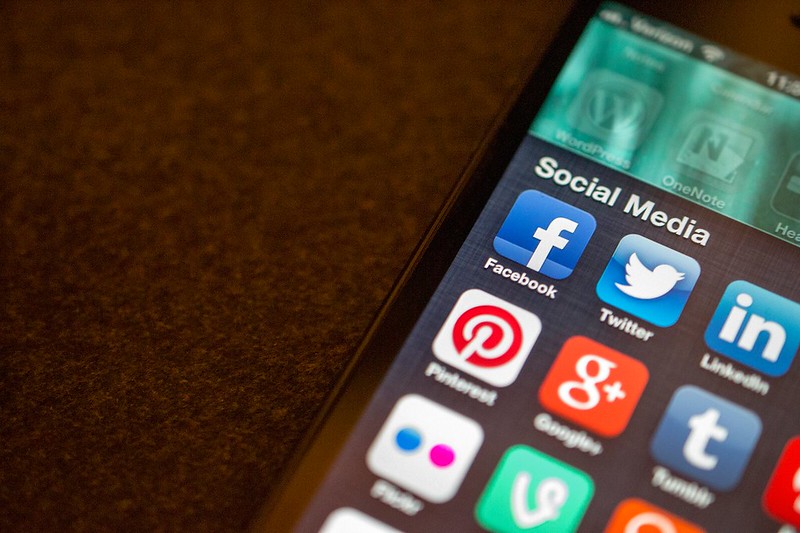 POLICY
POLICY
 POLICY
POLICY
 POLICY
POLICY
President Donald Trump signed an executive order Thursday aimed at preventing social media companies from limiting content on their platforms, drawing immediate criticism and even ridicule for its shaky legal grounds.
In a press release issues by the White House, it was said the power social media companies have to censor information is “un-American and anti-democratic.” This, said Trump, conflicts with the First Amendment and free speech and harms national discourse.
“Twitter, Facebook, Instagram, and YouTube wield immense, if not unprecedented, power to shape the interpretation of public events; to censor, delete, or disappear information; and to control what people see or do not see,” said Trump. “As President, I have made clear my commitment to free and open debate on the internet. Such debate is just as important online as it is in our universities, our town halls, and our homes. It is essential to sustaining our democracy.”
The executive order comes two days after two of Trump’s tweets were labeled by Twitter as being misleading. The president had made a claim that mail-in ballots could lead to a “rigged election,” and Twitter added a fact-check label saying the claim was unsubstantiated.
Under Section 230 of the Communications Decency Act, social media companies are given protection against what is posted on their platforms. That means they are not held responsible for certain content that is posted, including posts that foment violence or hatred or are obscene.
The order states that “no provider or user of an interactive computer service shall be treated as the publisher or speaker of any information provided by another information content provider.” It also states that content can be removed if “taken in good faith.”
Trump believes that this legislation has been abused, and posts have and are being taken down that favor a certain opinion. Under the executive order, social media companies could be sued for taking down such content. Trump added that the companies lack integrity and are biased in what content they flag or remove.
Republicans feel that Social Media Platforms totally silence conservatives voices. We will strongly regulate, or close them down, before we can ever allow this to happen. We saw what they attempted to do, and failed, in 2016. We can’t let a more sophisticated version of that….
— Donald J. Trump (@realDonaldTrump) May 27, 2020
Under the new order, the Federal Communications Commission is asked to scrutinize what content could be “deceptive, pretextual or inconsistent with a service provider’s terms and conditions.” It will mean that platforms will be held responsible for having certain viewpoint-based restrictions and a “tech bias reporting tool” will also be introduced.
Many critics have come out and said that if the order is revised, it could mean the end of social media as we know it. The amendment would require congressional approval, an extremely unlikely event, but if it were to be passed, it would mean every post and comment on the internet could come under scrutiny from the FCC. But many observers believe there’s little legal ground for the FCC or Trump to take any action.
Google and Twitter have not yet responded to Trump’s new plan, although Facebook Chief Executive Mark Zuckerberg made his own opinion known in an interview with Fox News.
“I just believe strongly that Facebook shouldn’t be the arbiter of truth of everything that people say online,” Zuckerberg said. “Private companies probably shouldn’t be, especially these platform companies, shouldn’t be in the position of doing that.”
Support our mission to keep content open and free by engaging with theCUBE community. Join theCUBE’s Alumni Trust Network, where technology leaders connect, share intelligence and create opportunities.
Founded by tech visionaries John Furrier and Dave Vellante, SiliconANGLE Media has built a dynamic ecosystem of industry-leading digital media brands that reach 15+ million elite tech professionals. Our new proprietary theCUBE AI Video Cloud is breaking ground in audience interaction, leveraging theCUBEai.com neural network to help technology companies make data-driven decisions and stay at the forefront of industry conversations.